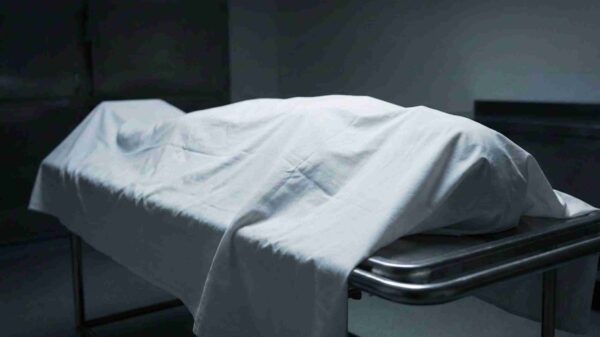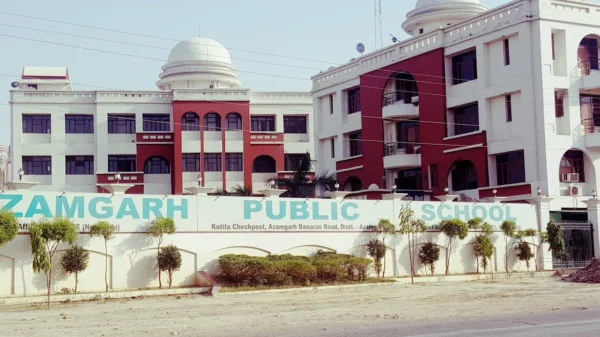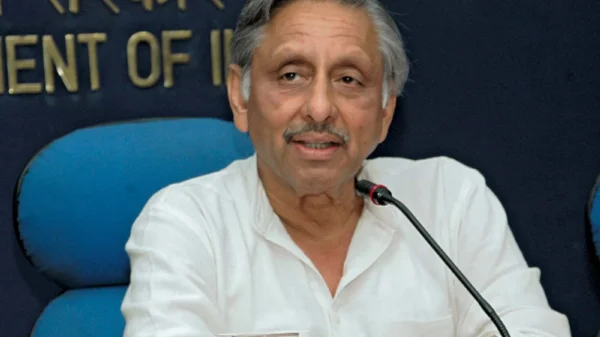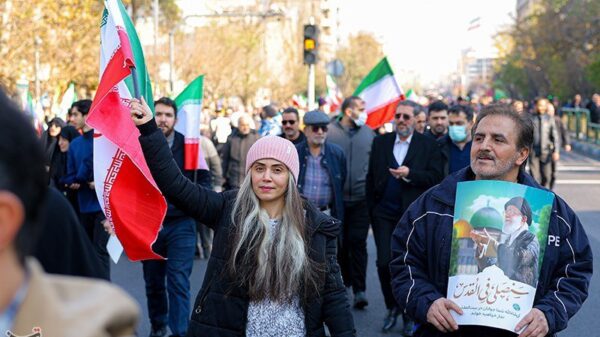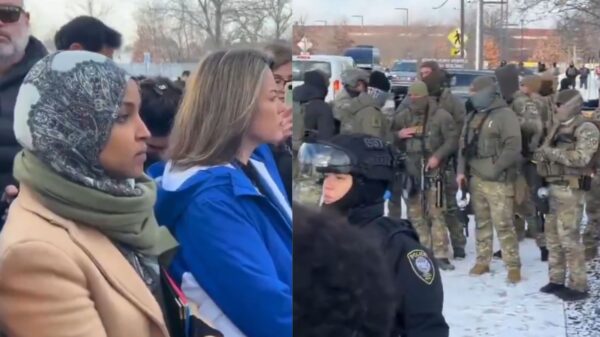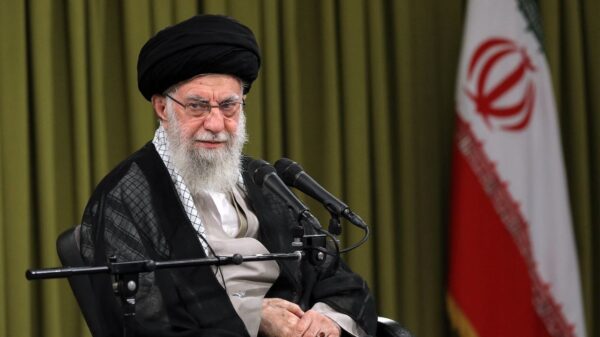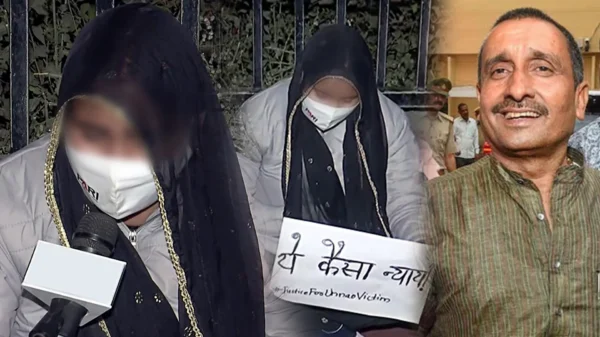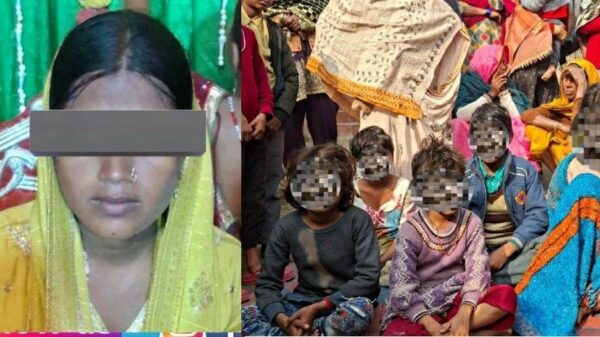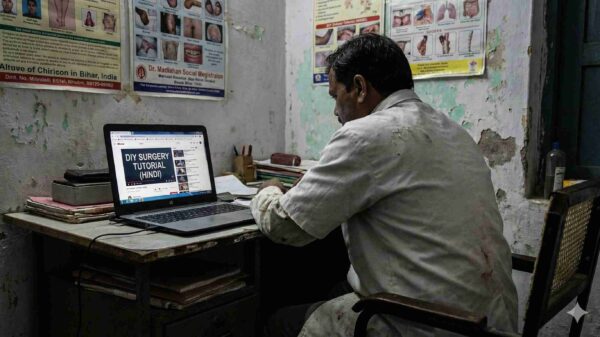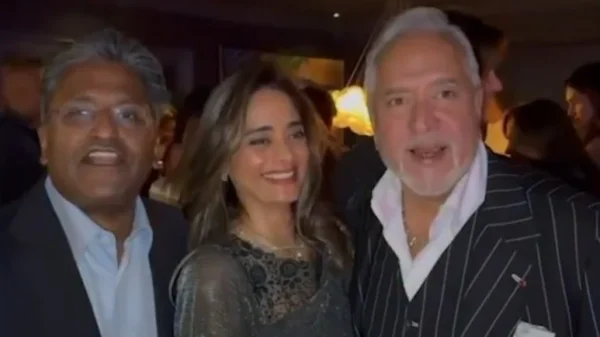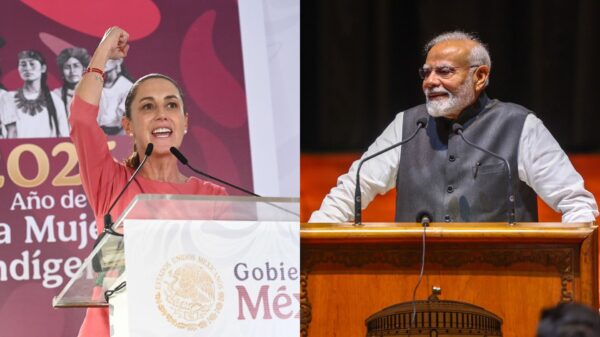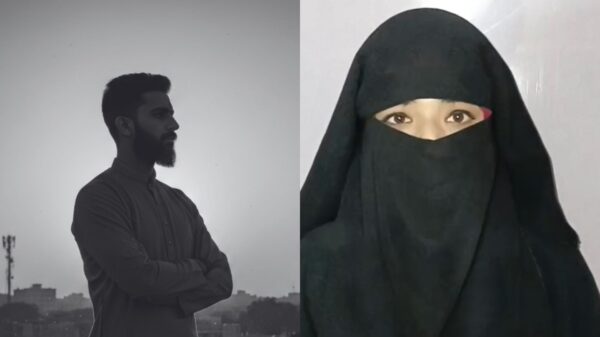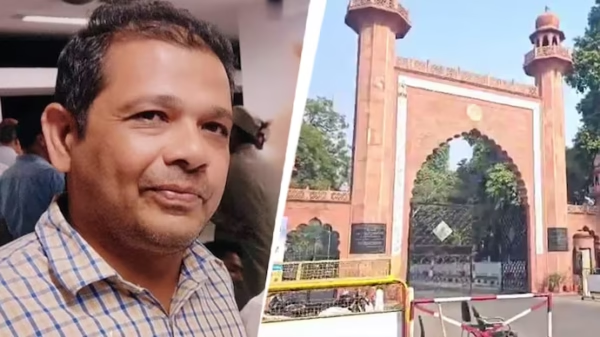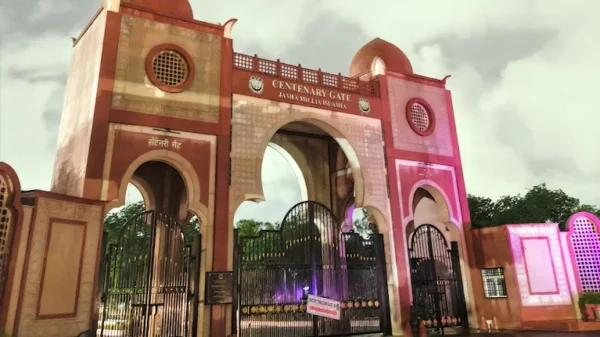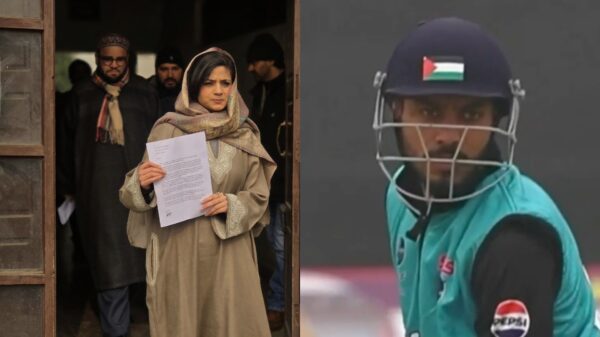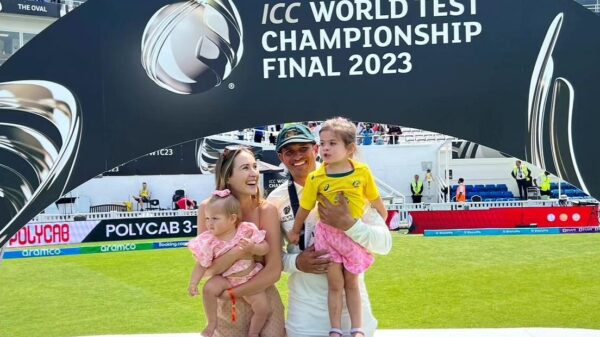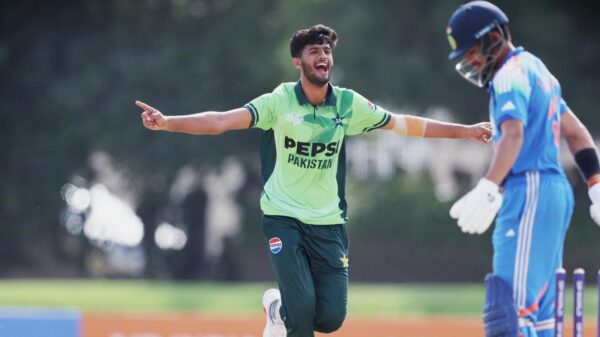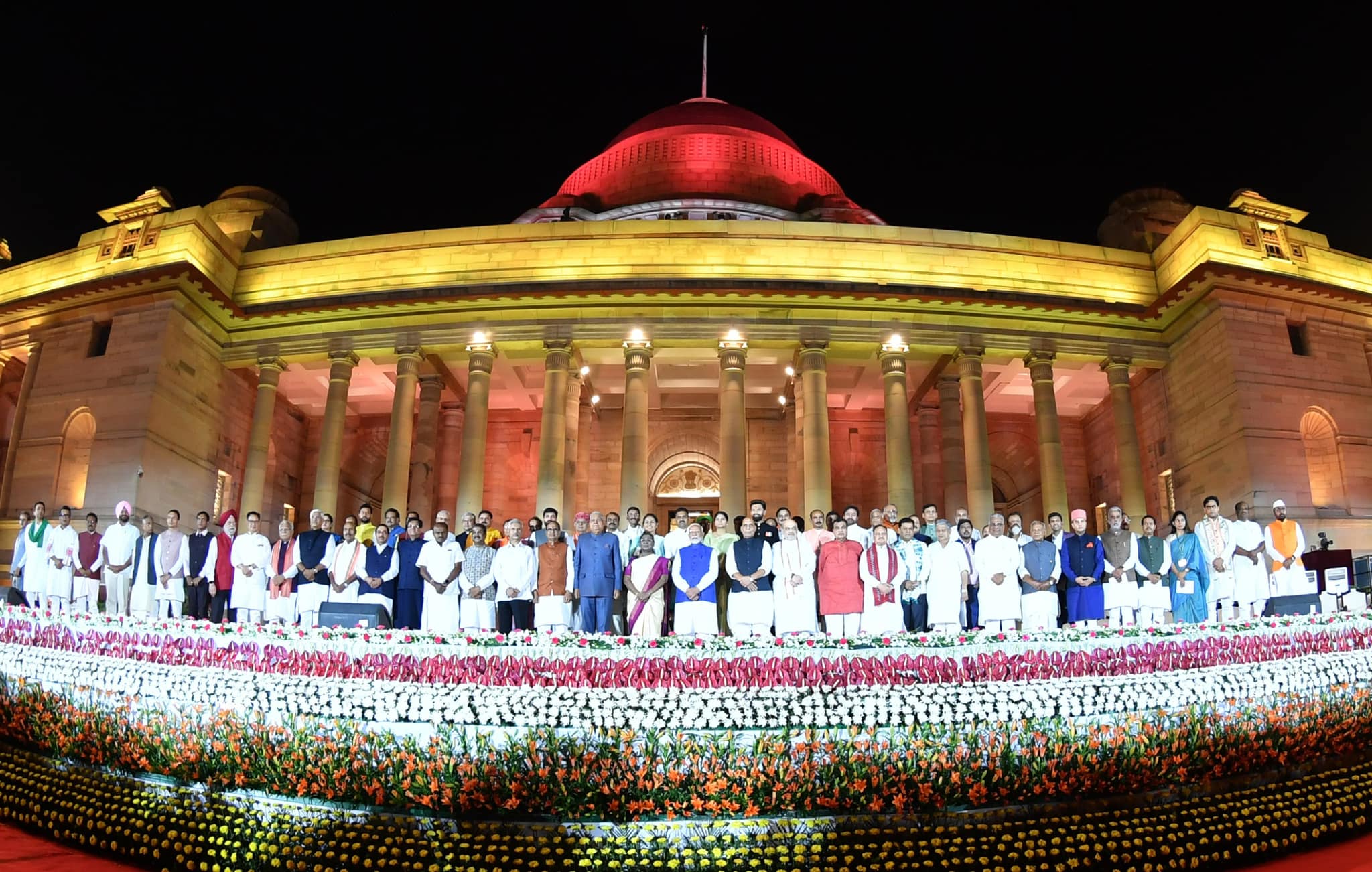On June 9 at 7:30 PM, BJP leader Narendra Modi was sworn in as the 15th Prime Minister of India for the third time. With this oath, Prime Minister Narendra Modi created a new record. He became the Second Prime Minister after Pandit Jawaharlal Nehru to start a third consecutive term.
With this, Narendra Modi achieved something unprecedented in the history of independent India: he took the oath for his third term without including any Muslims in his government.
Despite advocating for “Sabka Saath, Sabka Vikas” (Together with All, Development for All), the National Democratic Alliance government led by the Bharatiya Janata Party has not included a single Muslim minister.
This is the first time in independent India’s history that a Prime Minister has not included a representative of the country’s second-largest religious community in his cabinet.
In 1947, the first Prime Minister, Nehru, had two Muslim ministers in his cabinet. Maulana Abul Kalam Azad as the Education Minister and Rafi Ahmed Kidwai as the Communications Minister. After the first general election in 1952, Nehru included these two leaders in his cabinet again.
Similarly, every government has included at least one Muslim member in it since then. In 1989, in V. P. Singh’s government, Mufti Mohammad Sayeed was given the responsibility of the Home Ministry. Mufti Mohammad Sayeed remains the only Muslim to have served as India’s Home Minister.
In 1999, during Atal Bihari Vajpayee’s tenure, two Muslim ministers were included: Shahnawaz Hussain and Omar Abdullah.
In 2014, during Prime Minister Narendra Modi’s first term, Najma Heptulla was included in the cabinet and was given the Minority Affairs Ministry.
In 2019, during Modi’s second term, Mukhtar Abbas Naqvi took the oath as a cabinet minister and was also given the Minority Affairs Ministry.
In 2022, when Mukhtar Abbas Naqvi’s term as a Rajya Sabha member ended, he also lost his ministerial position and was not re-elected to the Rajya Sabha. From then until 2024, the Minority Affairs Ministry was handled by Smriti Irani.
In June 2024, Prime Minister Narendra Modi began his third term without including any Muslim member in his cabinet. However, non-elected members from the Sikh and Christian communities have been included in Modi 3.0.
Ravneet Singh Bittu, who lost the election to Punjab Congress President Amarinder Raja Singh Warring, was made a Minister of State. Similarly, George Kurian from Kerala, who has been with the Bharatiya Janata Party since its formation in 1980, was also made a minister.






